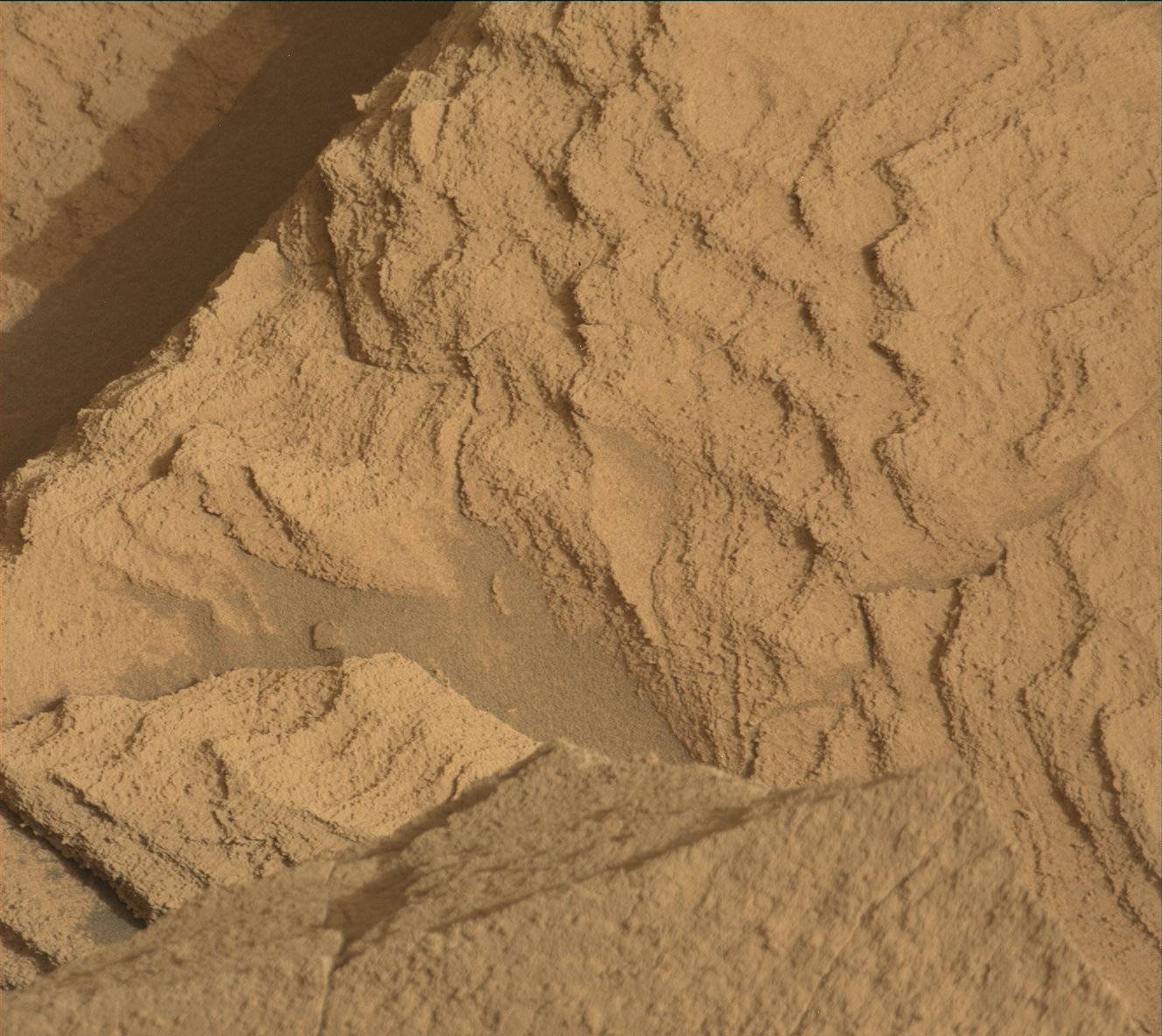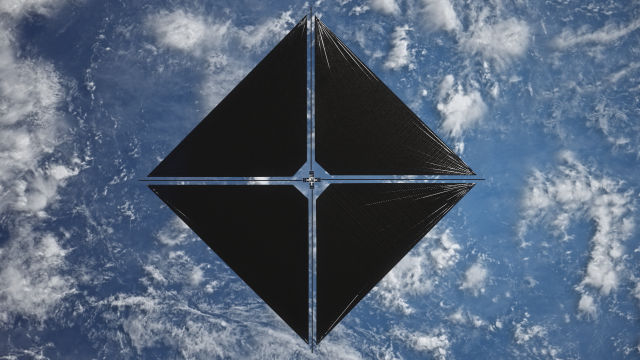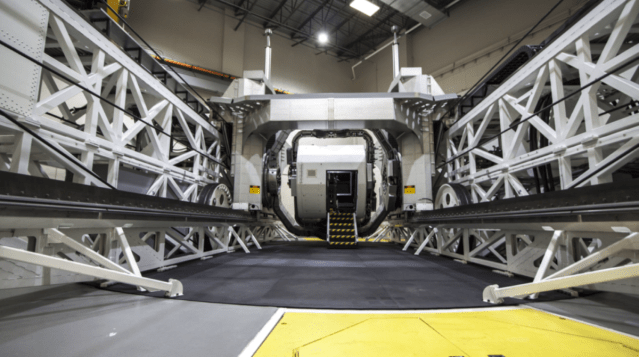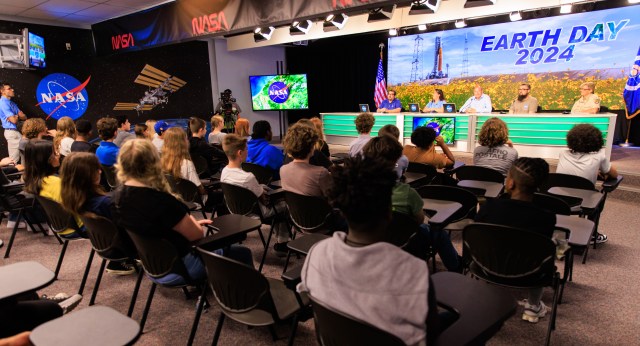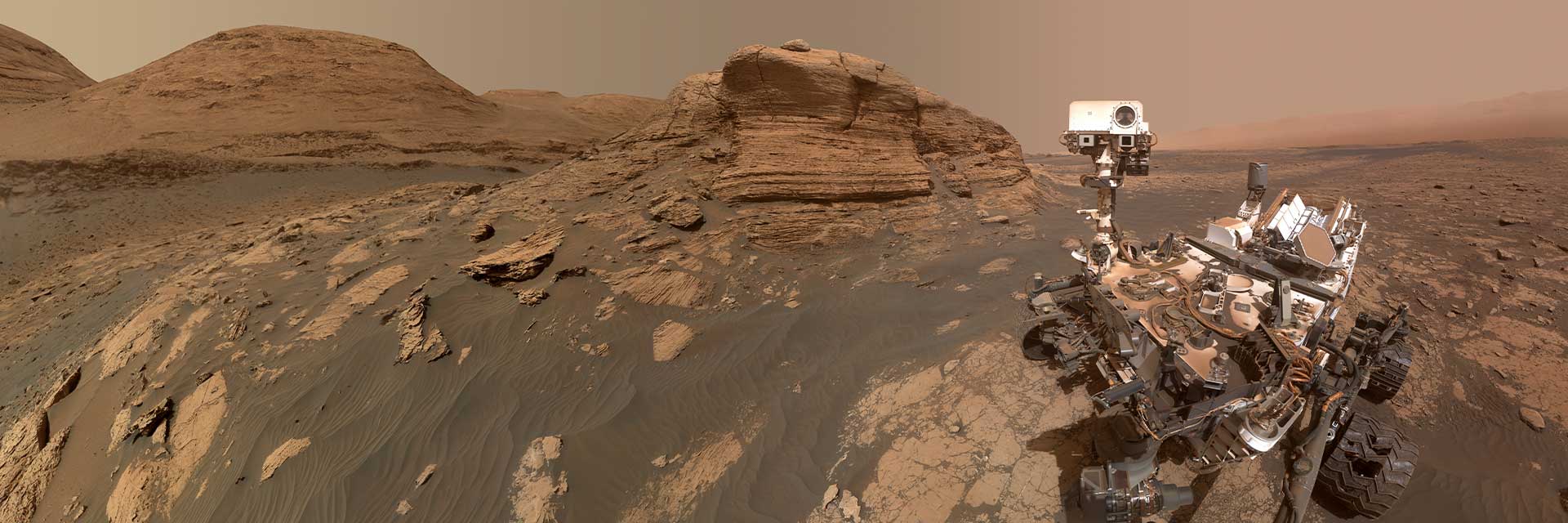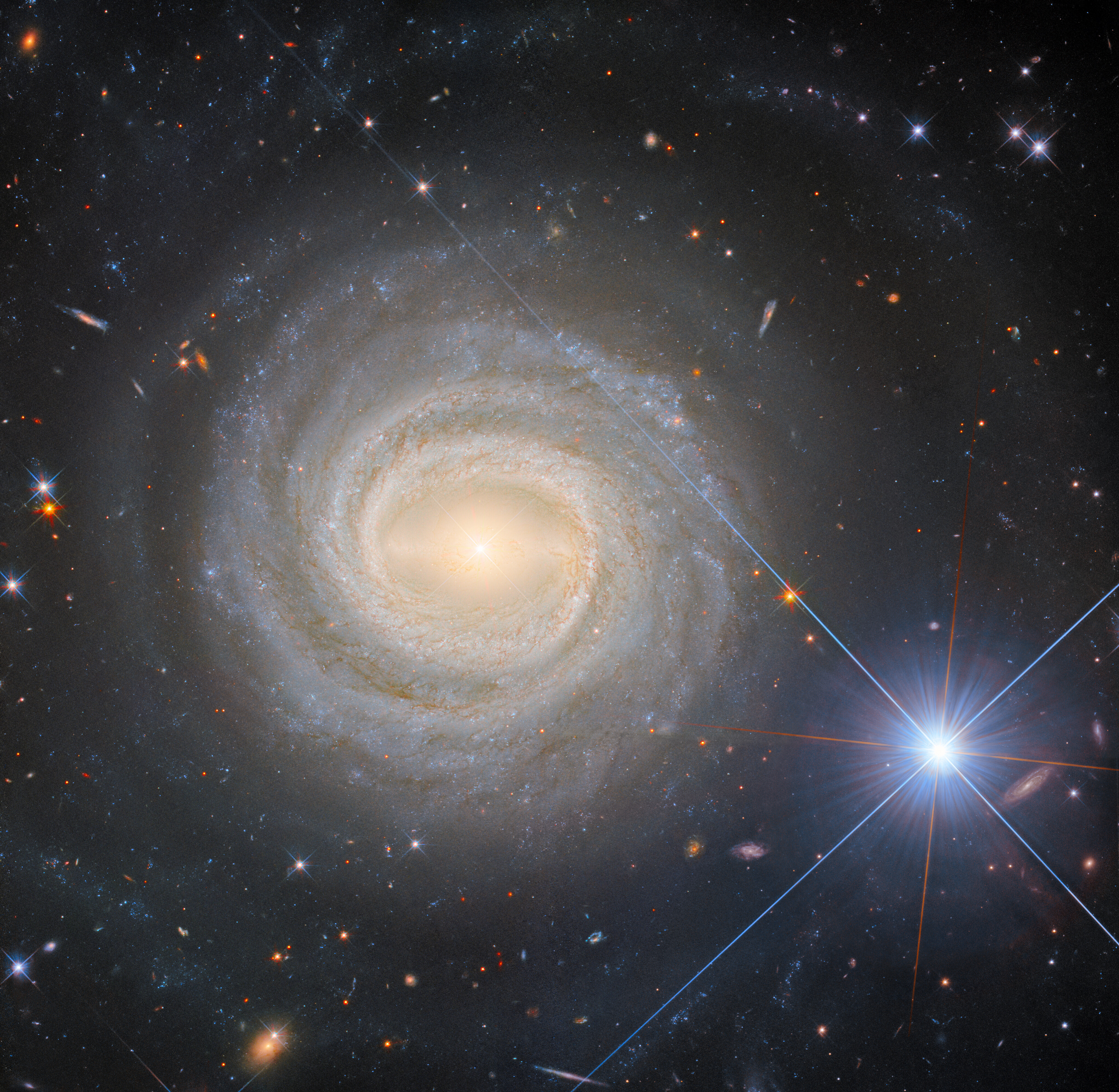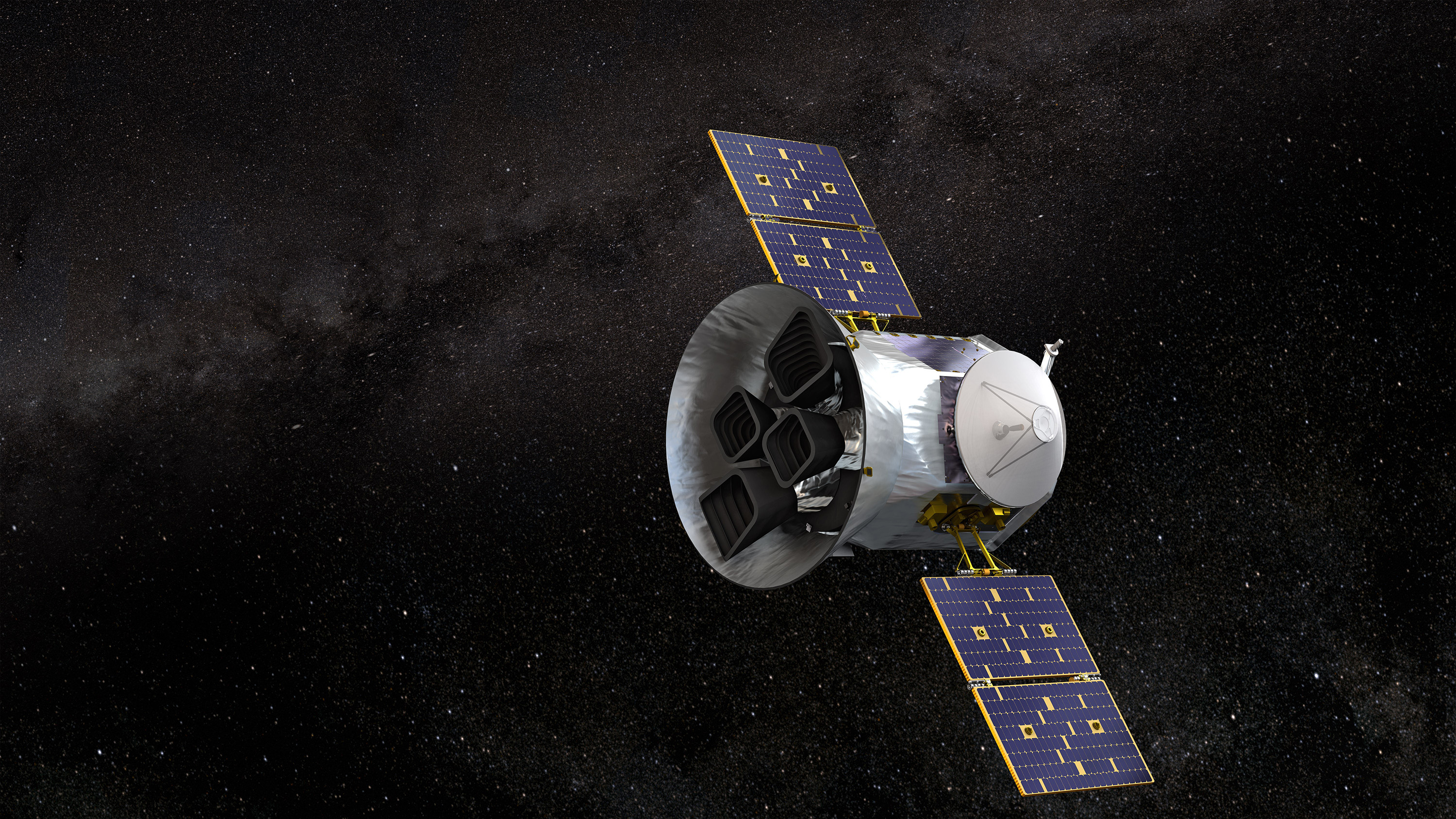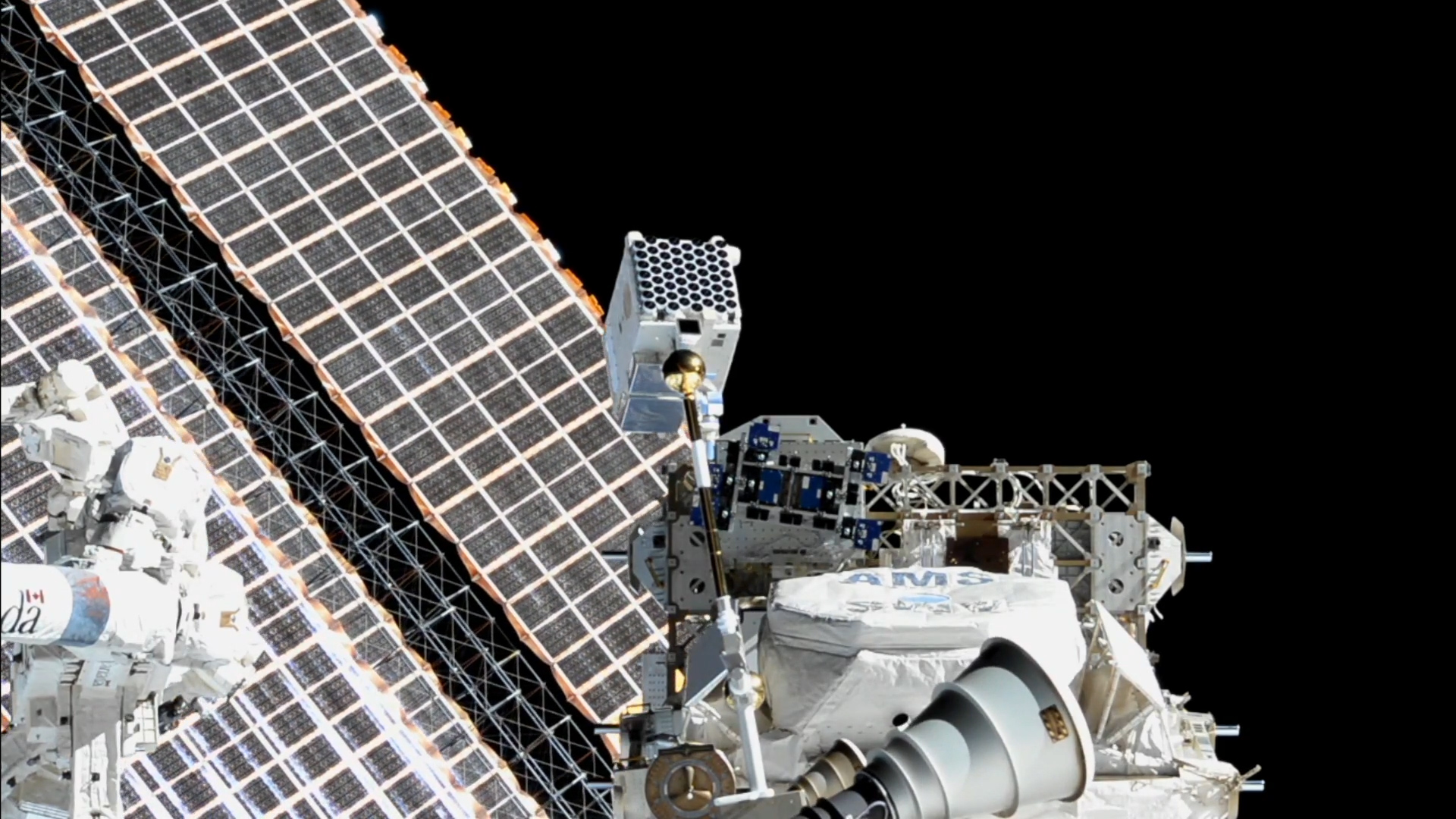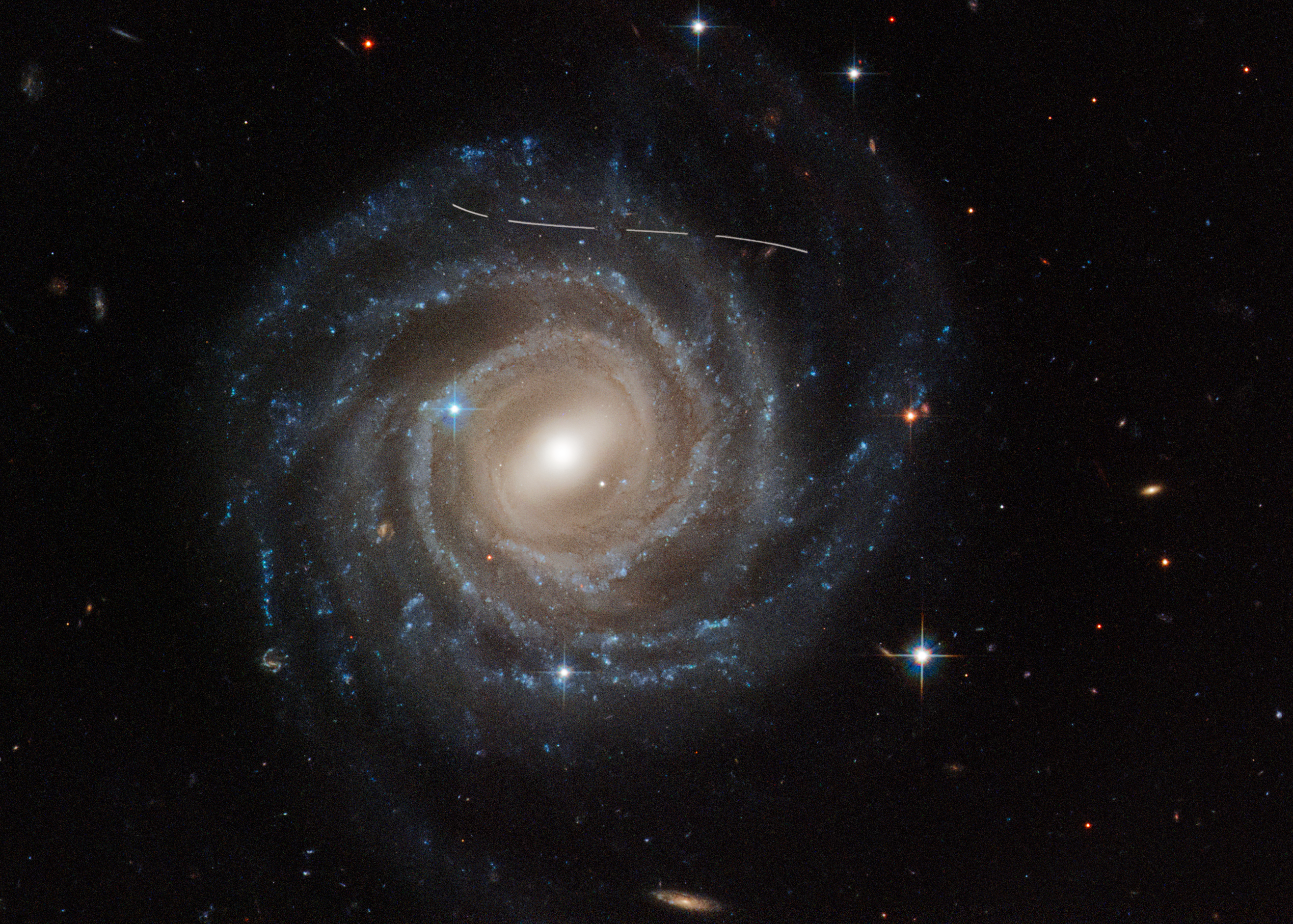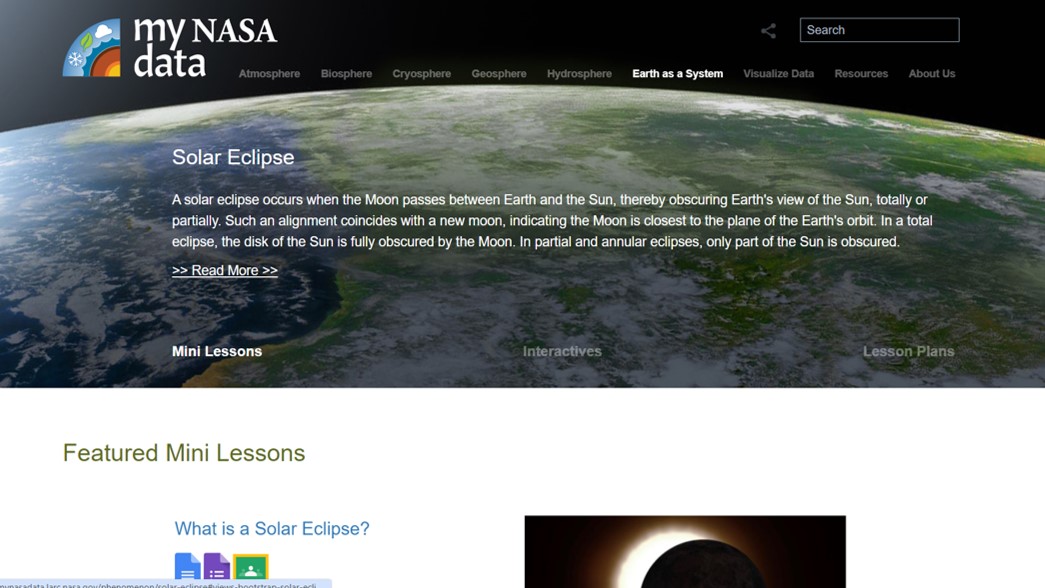Engineers recently lifted and moved a full-scale test version of the 13-ton Orion service module in preparation for upcoming pyroshock tests at NASA Glenn’s Plum Brook Station in Sandusky, Ohio. During the tests, engineers will fire pyrotechnics to simulate the shocks the service module will experience as Orion separates from the Space Launch System (SLS) rocket.
The service module is an essential part of the spacecraft. It will propel, power and cool Orion in addition to providing air and water for the crew.
In this time-lapse video, the Plum Brook team removes the test article from the world’s most powerful spacecraft vibration table and transports it into the assembly high bay area in Plum Brook’s Space Environments Complex. Prior to the move, the test article passed a series of vibration tests to verify that it can withstand the vibrations as it launches and travels into space. A thousand sensors collected data on Orion’s service module as it was shaken on a vibration table. This testing simulated how Orion’s structure flexed and will stand up to 35 tons of spacecraft weight during a launch.
Orion’s first flight atop SLS, known as Artemis 1, is targeted to launch in 2022. It will venture tens of thousands of miles beyond the moon.
Editor’s Note: This page was updated May 23, 2022 to reflect the new target date for the Artemis I launch, changed from 2020 to 2022.




